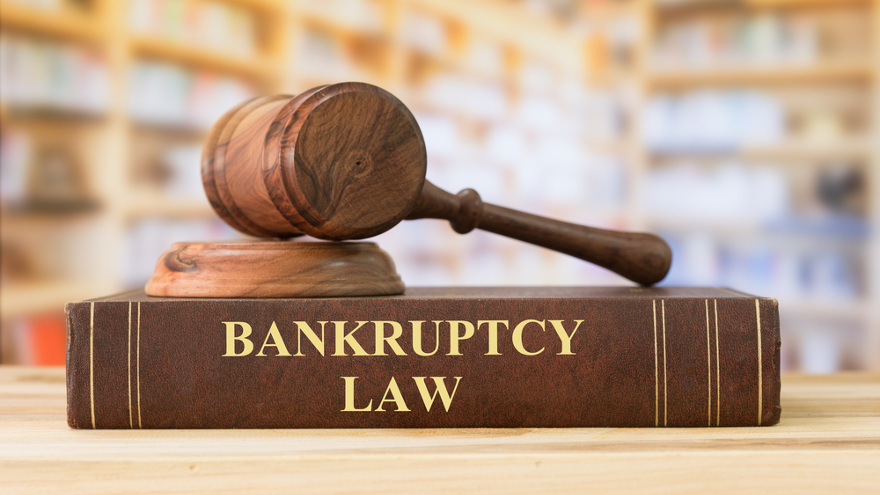3 questions about bankruptcy & repossessions with Weltman, Weinberg & Reis

By subscribing, you agree to receive communications from Auto Remarketing and our partners in accordance with our Privacy Policy. We may share your information with select partners and sponsors who may contact you about their products and services. You may unsubscribe at any time.
Shareholder Milos Gvozdenovic and attorney Garry Masterson of Weltman, Weinberg & Reis Co. recently addressed some of the most common questions finance companies have about bankruptcy and vehicle repossession.
Gvozdenovic and Masterson began by touching on the question that might surface first. How does the automatic stay work and what do finance companies do?
“The bankruptcy code has a section that protects the debtor when they file for bankruptcy,” Gvozdenovic and Masterson wrote in a blog post. “This means as soon as bankruptcy is filed, the individual debtor is protected from creditors. You, as the collector, cannot call the debtor, send billing statements, or make any efforts to try and collect that debt.
“A common question arises around automatic payments,” they continued. “Once the stay goes into effect, creditors cannot continue to collect them. A debtor can proactively reinstate automatic payments while in bankruptcy. The key is they need to re-authorize the payment without prompting on your behalf.
“Because the stay goes into effect as soon as the bankruptcy case is filed, no one is required to notify you. That gets tricky,” Gvozdenovic and Masterson added.
Next, Gvozdenovic and Masterson addressed the situation when the debtor says they’re filing for bankruptcy, but the attorney won’t verify. How long should finance companies wait to start backup collection efforts?
Subscribe to Auto Remarketing to stay informed and stay ahead.
By subscribing, you agree to receive communications from Auto Remarketing and our partners in accordance with our Privacy Policy. We may share your information with select partners and sponsors who may contact you about their products and services. You may unsubscribe at any time.
“Until you verify a debtor has filed for bankruptcy, don’t take their word for it. They may have consulted an attorney but not filed. If you stop payments before receiving confirmation, you’ll lose out,” Gvozdenovic and Masterson wrote.
“A slightly different yet very common situation occurs when a debtor’s first bankruptcy case is dismissed. While they say they plan to file a second, until they do, a creditor can proceed as normal,” they added.
Finally, Gvozdenovic and Masterson discussed what might be the most complex question. What if a finance company repossessed a vehicle because the creditor didn’t know the debtor filed for bankruptcy?
Because that question is so complex, Gvozdenovic and Masterson hosted an entire webinar about it that’s available here.
Two other members of the firm’s team — shareholder Amy Clum Holbrook and attorney Stefanie Collier — will be exploring repossessions even more during Used Car Week, which begins on Nov. 18 in Scottsdale, Ariz. Clum Holbrook and Collier are planning a session titled, “Oddities in Repossession: Exploring Unusual Challenges and Solutions.”
For more details about Used Car Week and to register, go to www.usedcarweek.biz.


